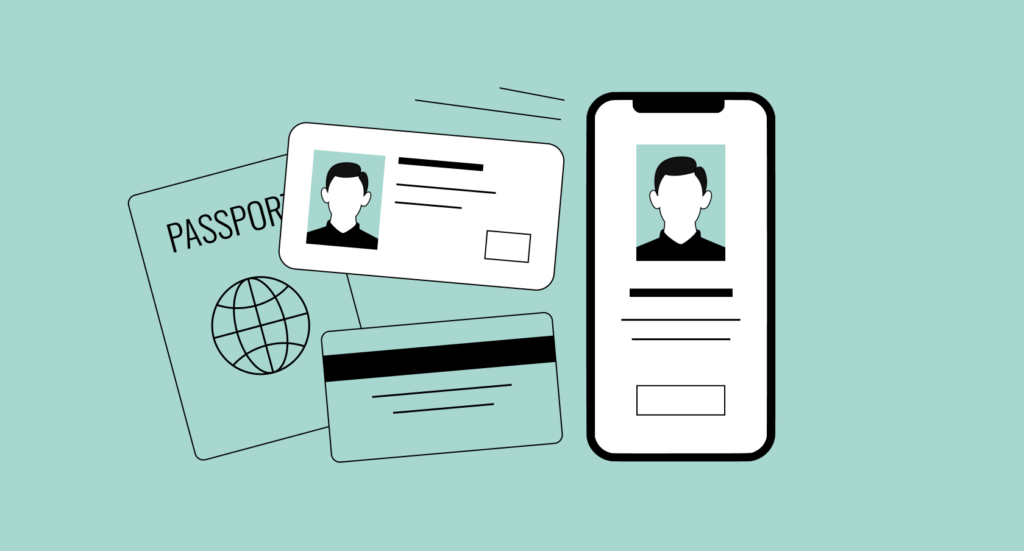
What is a digital identity?
I think digital identity refers to the identity data and identity management of each individual user on the network. When we login to social media platforms or use computer software, we often register our own account with our real personal information. The account itself already collects your name, your birthday, your email address, your hobbies and a lot of other information about you.
How do personal versus professional approaches to digital identity affect social media use?
I think a personal digital identity is not the same as a professional digital identity. A personal digital identity refers that your real friends can know you on social platforms and they can contact with you conveniently. You can also use this identity to meet more people. One of the advantages of a personal digital identity is that you don’t need to pretend yourself to be someone else on the network. People will follow them through their persona, such as Instagram and Facebook. A professional digital identity is more likely to be a writer, artist, or video producer. They usually have a virtual screen name. People will get to know them through their artwork. For example, I have seen an interesting video on YouTube, and then I will get to know the YouTuber and his other videos.
How do digital identities converge in networked publics – what are the impacts and/or benefits?
Benefits:
– More convenient and saves a lot of time for employers or a company to investigate a person’s background.
– Easier and more efficient way to find a suitable job through the operating platform.
– Chat and interact with your friends anytime and anywhere.
Impacts:
– Not all the identities are trustworthy.
– There is a high chance that personal information will be leaked.
– There is also a high chance that someone will illegally steal your picture or video and post it to the network as their own, that’s why there are so many fake accounts.
Can a digital wallet provide trust in networked publics?
Although a digital wallet have made the lives of many people easier. But it doesn’t mean it’s a 100% guaranteed method of security. When we use digital wallet in networked public, we need to enter our personal information and bank card information, but there is no guarantee that the information will not be compromised. And we know have mobile payments, but if your phone is lost or stolen, someone can simply hack into your phone and use your apple-pay, and there is a high probability that they can easily access your bank accounts. Therefore, I don’t think a digital wallet can provide trust in networked publics.
rongmu
January 28, 2023 — 11:53 pm
Hi Jacky, I agree with your idea because if we lost our cellphone, we are really worried about our wallet safety because if we don’t use password to lock our Wechat or Alipay, other person will steal our monet, It is a really bad thing for us.
chloegao
January 29, 2023 — 3:59 pm
Hi Jacky,
Yes, many platforms and websites now require real-name authentication, which requires some personal issues such as your birthday, address, and name. But in fact, these questions also have the risk of being stolen. Some people can steal identities by stealing, or website platforms sell customer information. These are all ways in which someone else’s digital identity can be used. In fact, I think that digital identities are making themselves public on the Internet. Every footprint of yours has been left on the Internet. Although it has brought us many benefits, it also has many influences.
JunyangGuo
January 30, 2023 — 1:08 pm
Hi Jacky,
My thoughts are very similar to yours. There are many risks along with the convenience of digital identity. Your points are very interesting and appeal to me. I have an additional question for you, do you prefer to use Apple-pay or credit cards in your daily life?
Junyang Guo